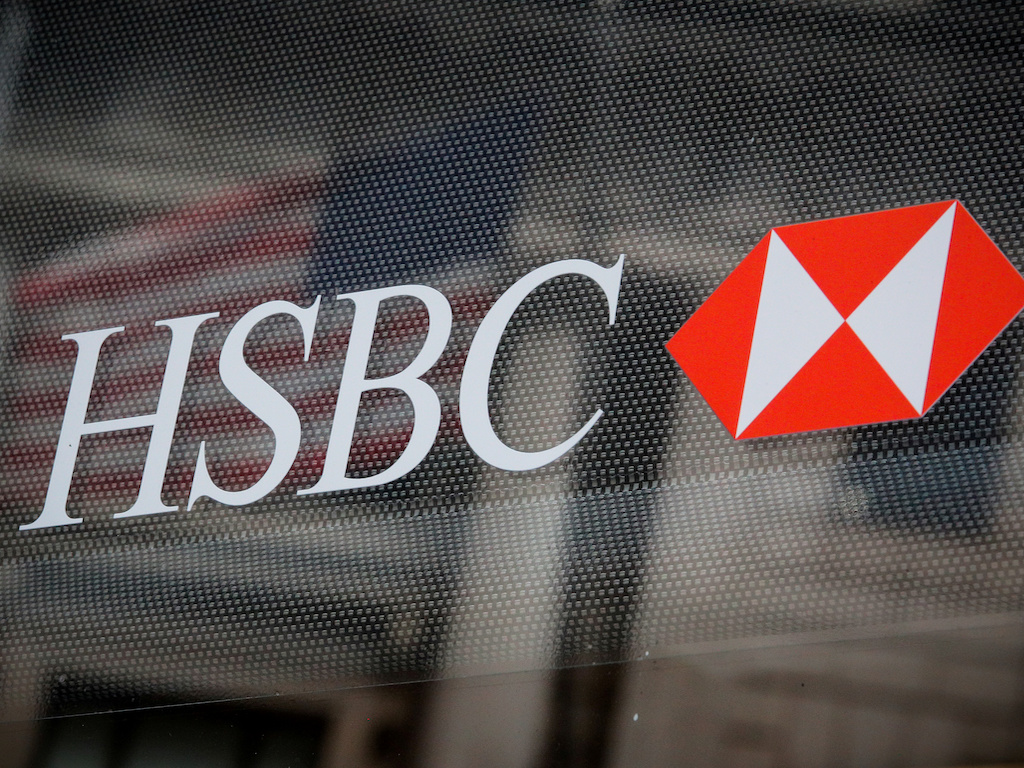3 Mins Read
Companies with a strong environmental focus have outperformed the broader stock market, said HSBC. The news comes during the ongoing coronavirus pandemic, which has caused a global economic fallout unseen since the Great Depression in the 1930s. In a recent research note, the bank detailed how environmental, social and governance (ESG) centric stocks are doing relatively better and is an opportunity for investors to defend themselves against the worsening economic impact of the pandemic.
In a new research note published by HSBC in late March, the bank’s co-head of ESG research Ashim Paun said that in the middle of the current stock market turmoil induced by the coronavirus crisis, shares of companies that are climate-forward or ESG-oriented “outperformed” while the virus continued to spread all over the world.
The research team analysed 613 shares of global public companies valued at over US$500 million, and tracked the performance from December, when Covid-19 was first detected, through to the end of March, when the disease had already infected hundreds of thousands across the world. It found that in the early weeks of the pandemic, shares of ESG-forward companies had outperformed the wider market by an average of 7.6%, though there were regional differences. Since February, ESG shares have continued to beat other stocks by 7%.
When analysts tracked low carbon companies in particular, this sector outperformed the broader market by a whopping 11% since the end of December. Asia-Pacific ESG shares were also especially resilient to the economic shock, outperforming the region’s index by 8.9% between December and February, and 9.6% since the end of February onwards.
HSBC’s note argues that “when crises like Covid-19 manifest, particularly with social and environmental causes and implications, investors can see ESG as a defensive characteristic.” The trends signal that climate change and other environmental and social factors are clear guiding points for investors to understand how companies and particular sectors are exposed to the pandemic.
In the case of pandemic-like crises, the results suggest that companies with good governance practices and are focused on long-term growth markets such as clean energy are better positioned to recover from this current shock and subsequent recovery.
“Our core ESG conviction is that issuers succeed long term, and hence deliver shareholder returns when they create value for all stakeholders — employees, customers, suppliers, the environment and wider society,” added Paun.
HSBC’s research findings come after the Swiss multinational investment firm UBS’s private banking unit recorded a doubling of assets in sustainable investments since the start of the pandemic, with the majority coming from Asia. The bank said that there had been heightened demand for green investments as the coronavirus has brought Asian investors’ health and environmental concerns to the forefront.
In a separate note, Bank of America strategies also said recently that compared to conventional equities, sustainable funds have fared better than the rest of the market undergoing major fallout due to the coronavirus standstill. In the United States, stocks that were in the top quintile of ESG scores outperformed the S&P 500 by an average of 5 points since February.
ESG-based impact investments have become more popular even before the pandemic struck, with growing widespread concerns about climate change and environmental risk factors. According to Bloomberg data, ESG investments have raked in US$14.2 billion in exchange-traded funds (ETFs) globally.
Major financial institutions have made high-profile shifts towards a more planet-friendly strategy, including Goldman Sachs’ decision to rule out Arctic oil drilling financing and BlackRock’s pledge to Climate Action 100+, a commitment to pressure companies under its portfolio to reduce greenhouse gas emissions.
Particularly as more scientific evidence begins to expose the association between environmental damage – from our destruction of nature to high air pollution – and the severity of the coronavirus crisis and its impacts, it is likely that investors will have no choice but to take into account climate, health and environmental factors in the future.
Read our earlier coverage of Covid-19 here.
Lead image courtesy of Reuters.



